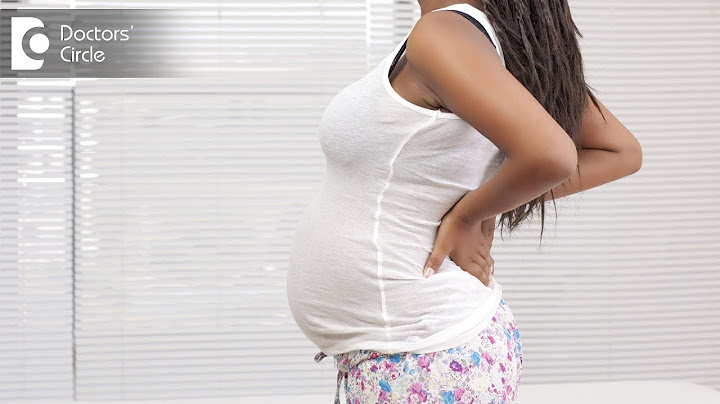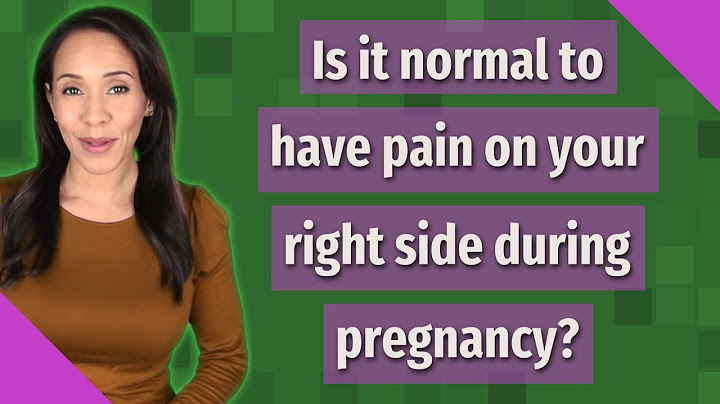Drinking alcohol has a range of effects on our stomach and whole digestive system. In really simple terms, alcohol irritates your gut – including your stomach. Show
You can protect your gut and keep the health risks from alcohol low by following the UK Chief Medical Officers’ low risk drinking guidelines of not more than 14 units a week, with several drink-free days and not bingeing. Alcohol and the stomachYour stomach is one part of the gastrointestinal tract system that digests food, taking the nutrition your body needs and getting rid of the waste. By adding acid and enzymes to food and drink you consume, your stomach breaks them down before they carry on their journey through your gut. Drinking alcohol is associated with acid rising up from your stomach into your throat (known as acid reflux), or causing heartburn.1 Some evidence suggests alcoholic drinks can make your stomach produce more acid than usual, which can gradually wear away your stomach lining and make it inflamed and painful (gastritis).2 Over weeks or months, this could mean you develop painful ulcers in your stomach lining. Want to drink less? Find out how
Different types of stomach problemsAlcohol and gastritisGastritis is the medical name for inflammation of the stomach lining. It can be caused by drinking alcohol – whether acutely by just one session of heavy drinking, or chronically, over a longer period. If you have gastritis, you could:3
The symptoms of gastritis can come on suddenly and severely (acute gastritis) or last a long time (chronic gastritis). Gastritis that lasts for a long time can increase your risk of developing a stomach ulcer, polyps (small growths) in your stomach, or tumours in your stomach. If your symptoms aren’t severe, you can try treating it yourself with antacids from a pharmacy, and by making changes to your diet and lifestyle – like drinking less alcohol. But if you have indigestion that lasts a week or longer, or you’re vomiting blood or have blood in your poo, you should certainly make an appointment with your GP surgery. Being sickDrinking too much can cause nausea and vomiting. Vomiting can be dangerous if someone is very drunk and not in control. Drinking large quantities of alcohol very quickly can lead to alcohol poisoning, which can be extremely dangerous. If someone is unconsciousness and they’re sick, they may not cough and so could breathe vomit into their lungs, which can be fatal. Alcohol poisoning can be fatal. If you suspect someone has alcohol poisoning you should dial 999 immediately and request an ambulance, while first placing the person on their side, so they are less likely to choke on their vomit. Long-term effects of alcohol on the digestive systemHeavy regular drinking makes it more difficult for the body to digest food and absorb vital nutrients, particularly proteins, vitamins and minerals.4,5 This means someone who is a regular heavy drinker is like to become deficient in several nutrients. And drinking alcohol increases the risk of a number of cancers associated with the digestive system: mouth cancer, pharyngeal (upper throat) cancer, oesophageal (food pipe) cancer, bowel cancer and liver cancer.6 Alcohol increases the risk of breast cancer and voice box cancer too. Find out more about the seven types of cancer that alcohol can cause How to protect your stomachThe best way to protect your stomach and keep the health risks from alcohol low is to follow the UK Chief Medical Officers’ low risk drinking guidelines. UK low risk drinking guidelines
If you think you have gastritis, these tips can also help:7
Try the MyDrinkaware app, to track your drinking Food and waterHaving a meal or snack before you drink may help slow the rate your body absorbs the alcohol, so if you do choose to drink, it’s a good idea to eat beforehand.8,9 Drinking water (or soft drinks) can also help, as long as it means you drink less alcohol. If you’re going to have more than one alcoholic drink, why not alternate with water or a soft drink? Drinking less alcohol overall will reduce the risk of negative effects for your stomach. Even if you feel OK, you should still take care that your drinking remains within the CMOs’ low risk drinking guidelines and that you always avoid binge drinking. PainkillersSome painkillers, such as ibuprofen (and the whole family of drugs known as Non-Steroidal Anti-Inflammatory Drugs, or NSAIDs) and aspirin cause irritation and may damage the lining of the stomach.10 You should always read the leaflet for any medication you are taking (and consult your doctor or pharmacist if you need to) about whether it is safe to drink alcohol if you’re on medication. For example, if you are taking any prescription-only painkillers, you’re advised not to drink any alcohol while you’re taking them. Find out more about how alcohol can interact with medication
Further advice and informationArming yourself with strategies and tips can help you or a loved one take small steps towards big results. Was this information helpful?Last Reviewed: 24th February 2022 Next Review due: 24th February 2025 Newsletter Tips to change your relationship with alcoholWhy does my lower left abdomen hurt after drinking?The walls of our stomachs are sensitive. If we expose them to excessive volumes of alcohol, they can become irritated and damaged. This damage leads to abdominal pain and a range of other acute gastric symptoms. In some cases, alcohol-related gastritis can be mild and the gastritis symptoms may improve on their own.
Why does my lower abdomen hurt after drinking alcohol?Simply put, alcohol irritates your gut. Regular drinking can cause alcoholic gastritis, which includes symptoms like stomach ache, abdominal pain, hiccups, indigestion, loss of appetite, bloating and nausea. Alcoholic gastritis can be chronic or short-lived.
How long does alcohol gastritis last?Acute gastritis
Irritants like alcohol, drugs, heavily spiced foods, injury and bacteria exposure can all lead to the condition. While symptoms are often intense, they typically subside with treatment in under two weeks.
How do I stop my lower stomach from hurting after drinking?Alcoholic Gastritis Treatments. Antibiotics to kill bacteria that cause gastritis.. Antacids to reduce your stomach acid.. Histamine (H2) blockers, which curb how much acid your stomach makes.. Proton pump inhibitors, which treat stomach ulcers and reflux.. |

Advertising
LATEST NEWS
Advertising
Populer
Advertising
About

Copyright © 2024 boxhoidap Inc.














